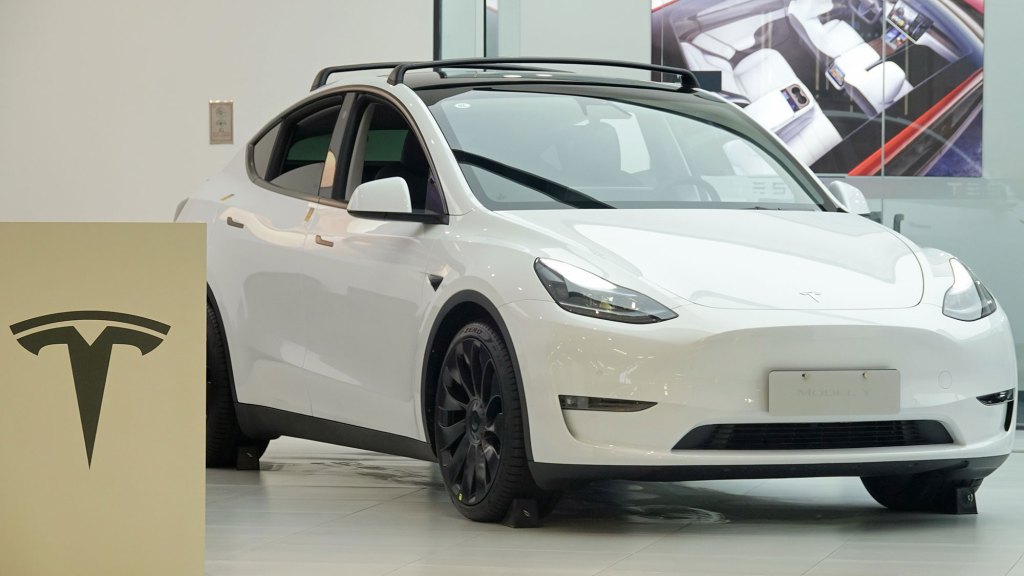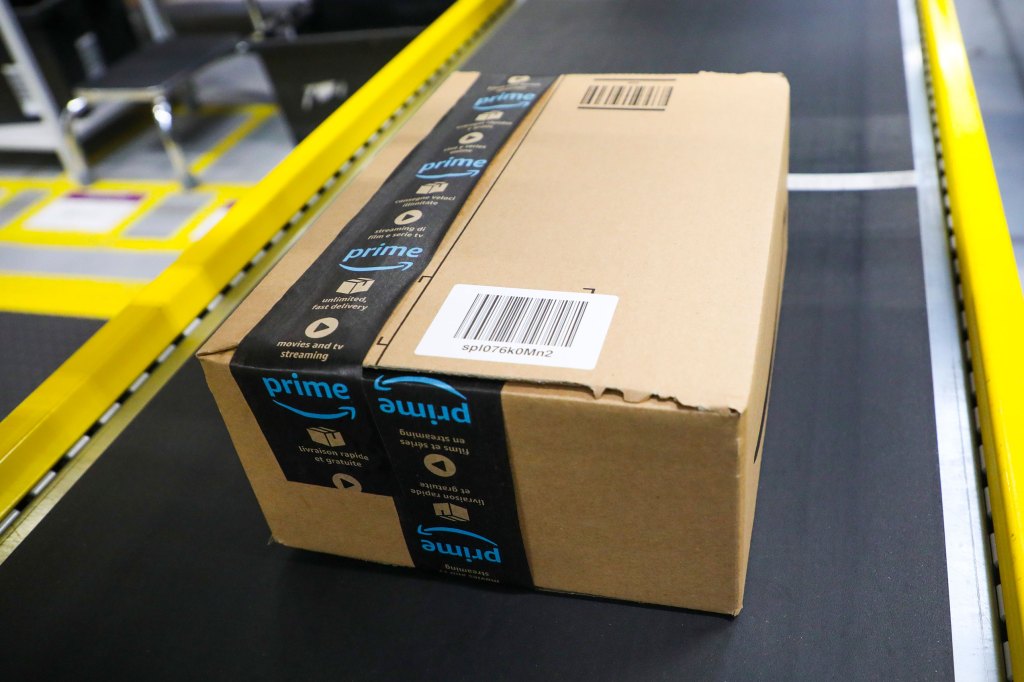Sindhya Valloppillil
More posts from Sindhya Valloppillil
Last week, Procter & Gamble (P&G) announced that it was terminating plans to acquire razor startup Billie following a U.S. Federal Trade Commission lawsuit to stop the deal.
Last year, Edgewell Personal Care ditched its debt-heavy $1.37 billion deal for Harry’s, Inc, formerly valued at $1 billion after the FTC sought to block the acquisition.
In addition to these FTC challenges, it is also now becoming clear that relying on VC-subsidized products and celebrating outrageous valuations can be problematic for D2C brands. With a few wonderful and rare exceptions such as Rothy’s (which raised $42 million but was profitable from the beginning and generated $140 million in revenue within two years of launching), D2C unicorns are addicted to the cycle of venture funding to feed growth in order to maintain a high valuation multiple.
This works for a while; however, when the path to profitability appears murky and exit options either don’t appear or only appear from nontech companies with very conservative multiples, the walls start crumbling.
In a WWD article, Odile Roujol, the former CEO of Lancôme who launched venture fund FAB Ventures, said, “Generally speaking, the era of $1 billion valuations for beauty companies is over. The people that struggle have been the companies that spend so much money in just a few years.” She went on to say, “The big corporations now … are not ready to spend $1.2 billion, $1.5 billion on such a brand like Glossier.”
This change in sentiment from acquirers is further fueled by recent research on the challenges of turning hypergrowth companies profitable. In his Harvard Business School case study “Direct to Consumer Brands,” Professor Sunil Gupta wrote, “Acquiring DTC brands is easy for incumbent conglomerates, but making them profitable is challenging. More than three years after Unilever acquired Dollar Shave Club, it was still unprofitable.”
Unilever executives learned that the average cost of acquiring a new customer online was about the same as in stores. David Taylor, CEO of P&G, said his company was still figuring out how to turn recently acquired direct-to-consumer brands into profitable businesses.
Taylor summarized this dilemma, saying, “There are many, many launches that grow fast … a business model that makes money is a higher challenge.” Since making these realizations, incumbent conglomerates will be more cautious when considering the acquisition of hyped D2C brands that raised lots of venture capital.
Beauty tech is a better bet: Meitu and Perfect Corp.
What’s cooler than beauty companies that are (or were) valued at $1 billion? Beauty tech SaaS companies that are worth $5.2 billion at IPO. We don’t hear much about the leading global beauty tech companies such as Meitu and Perfect Corp. because their founders are not celebrity influencers, they don’t have massive Instagram followings here in the U.S. and they are not celebrated in our media. Although their companies are based in Asia and they raised money mostly from Chinese investors, their companies are global successes.
Meitu IPO’d with a $5.2 billion valuation. Its photo-editing-and-sharing software accrued 1.5 billion unique installs with 6 billion photos generated from its Meitu apps per month. It is used in 39 countries with more than a million users in each. It has 350 million active users worldwide and 500+ million users outside China. According to App Annie, Meitu has repeatedly ranked as one of the top eight iOS nongame app developers globally.
Meanwhile, Perfect Corp., the developer behind a suite of beauty apps such as YouCam Makeup, has accumulated 750 million downloads globally and achieved over 10 billion virtual try-ons worldwide on its platform. Perfect Corp. is serving more than 300 brands from around the world as of last spring with technology that offers consumers a virtual try-before-you-buy experience.
Given that the typical license deal for AR beauty tech is priced between $250,000 and $500,000 (and higher based on the level of customization, the number of SKUs and the scope of application) and it had already secured 250+ licenses in 2019, I estimate that Perfect Corp. was already profitable before its Series B announcement in September 2019.
Much of Perfect Corp.’s funding has been used for new product development. Last year, it launched Beauty 3.0, which marries unprecedented AI and AR innovation to create a personalized, proactive consumer journey. Now it has expanded its augmented selfies to include livestreams and tutorials from beauty influencers, social features and a “Skin Score” feature.
Perfect Corp.’s highly competitive and innovative product portfolio and global reach is extremely impressive considering it has raised less money than most unicorn D2C consumer companies in the U.S. have raised to achieve its global success.
Perfect Corp.’s Series A round in October 2017 was $25 million, but in September 2019, it raised a Series B led by Alibaba, while also simultaneously announcing a partnership to integrate its YouCam technology into TMall and Taobao. With its latest Series C funding announcement of $50 million led by Goldman Sachs last week, Perfect Corp. has raised a total of $130 million over the course of three years — compare that to the vast sums raised by media darlings such as Glossier ($186 million), Away ($181 million), Casper ($339 million) and AllBirds ($200+ million).
The Series C will be used to further develop Perfect Corp.’s technology for multichannel retail and open more international offices (it currently has operations in 11 cities).
After the struggle of many celebrated unicorn consumer brands, now investors want startups to prove they’ll be profitable. Now, the path to profitability has become a more important part of the startup story versus growth at all costs. In the beauty world, the path to profitability is clear with beauty tech businesses that have a SaaS offering.
It is hard to find a Sand Hill Road venture capitalist that doesn’t invest in sector-specific enterprise software companies, and for good reason. Of the nine SaaS IPOs in 2019 through the end of September, they raised $11.2 billion and the average return has been 54%. Why have SaaS companies been performing so well?
- The recurring business model of SaaS companies makes it easier to predict revenue and profitability.
- These can be high-gross margins products.
- According to Kathleen Smith from Renaissance Capital, as reported on CNBC, “They’re enterprise-based, so you can sell to large numbers of people within the organization, which makes sales less expensive per person. And most have positive cash flow because they collect revenue ahead of booking.”
The opportunity for U.S.-based beauty/consumer tech SaaS companies is ripe because of shifting consumer demands within beauty and retail. Big brands from luxury to mass such as Estée Lauder, Shiseido, L’Oréal and Maybelline have invested in beauty-tech-enriched experiences for virtual try-on of color cosmetics, nail color and hair color.
While virtual try-on in the U.S. began with premium and massage beauty retailers such as Sephora and Ulta, now its application has become ubiquitous and has extended mass and specialty retailers such as Target, Walmart and Sally Beauty as well as Google, YouTube and SnapChat. The demand started with virtual try-on of color cosmetics, but now it includes personalization for skincare and other consumer categories. In the vitamin sector, GNC launched GNC4U, a personalized vitamin subscription plan that utilizes a lifestyle assessment and DNA analysis.
Will startup valuations change given rising antitrust concerns?
The next big beauty SaaS opportunity is intelligent, bio-rich skincare personalization technology — that goes far beyond the mere segmentation that basic quizzes offer and beyond a simple selfie analysis; it is a largely untouched category when it comes to enterprise software. There is a demand for high-tech personalization based on science that provides accuracy, not just a cool experience.
For the companies developing differentiated technology and building proprietary data moats, retention will be higher and marketing ROI will continue to exceed their D2C counterparts. Retailers and brands know that personalization that accurately guides consumers to the right product will lead to higher conversions, faster checkouts and higher average order values.
Tech will play an increasing role in the global beauty and consumer industries thanks to an increasing need for customer data and the willingness of young consumers to provide their data in exchange for a better experience. At a time when there are more brands in the market than ever thanks to a lower barrier of entry for creating a brand, retailers need to implement tech to help customers navigate products in-store and online. To stay competitive, big brands and retailers need to provide a better experience for their customers to stand out.
The COVID-19 pandemic has only accelerated the need for beauty tech. The service that beauty tech provides has now become part of the product experience. Thankfully, U.S. investors are starting to take note of the Asian success stories with Goldman Sachs leading Perfect Corp’s Series C round. Beauty tech, especially companies with a SaaS model, can show investors the clear path to money.






























Comment